- About
- Programmes Offered
- Staff
- Syllabus
- Vision
- Mission
- Program Educational Objectives( PEOS)
- Laboratories
ABOUT DEPARTMENT
The Department of EEE was Started in 2012 with an Annual intake of 60 Students at the UG level. The Department has well Experienced Faculty. It has well Established Laboratories .The Department Organizes guest lectures, Workshops and Industrial Tours for the benefit of Students. It is Continuously Striving to Impart Quality education and Competitive Spirit among students for Academic Excellence.
Department Activities
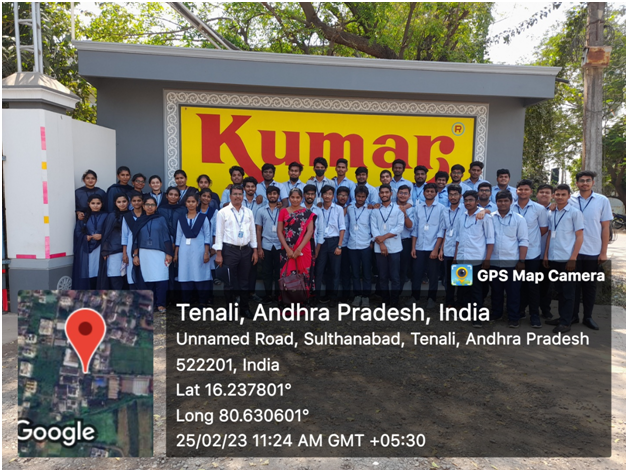
| 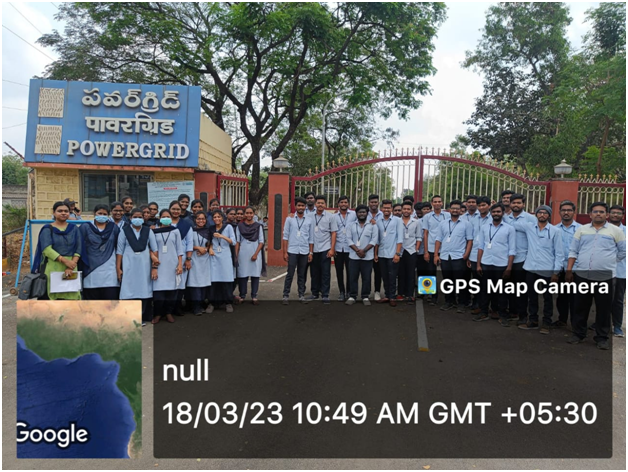
|
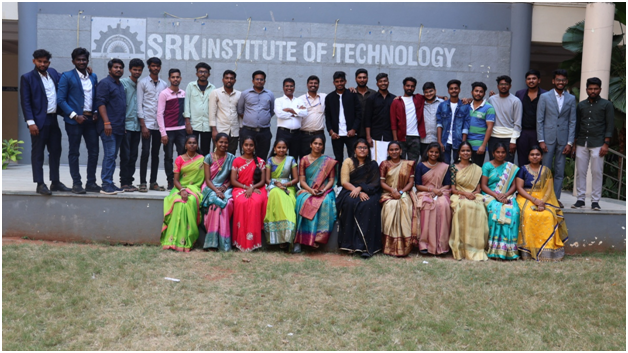
| 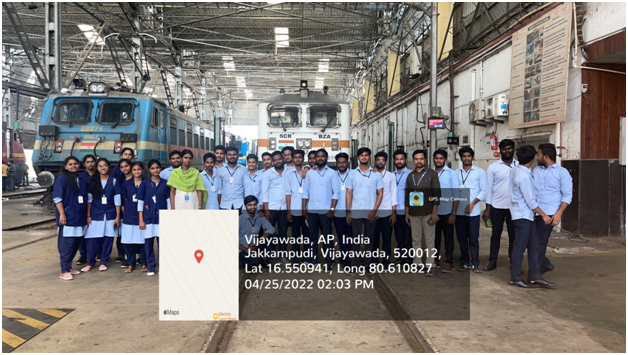
|
PROGRAMMES OFFERED
| Under Graduate | Intake |
|---|---|
| B.Tech( Electrical and Electronics Engineering ) | 60 |
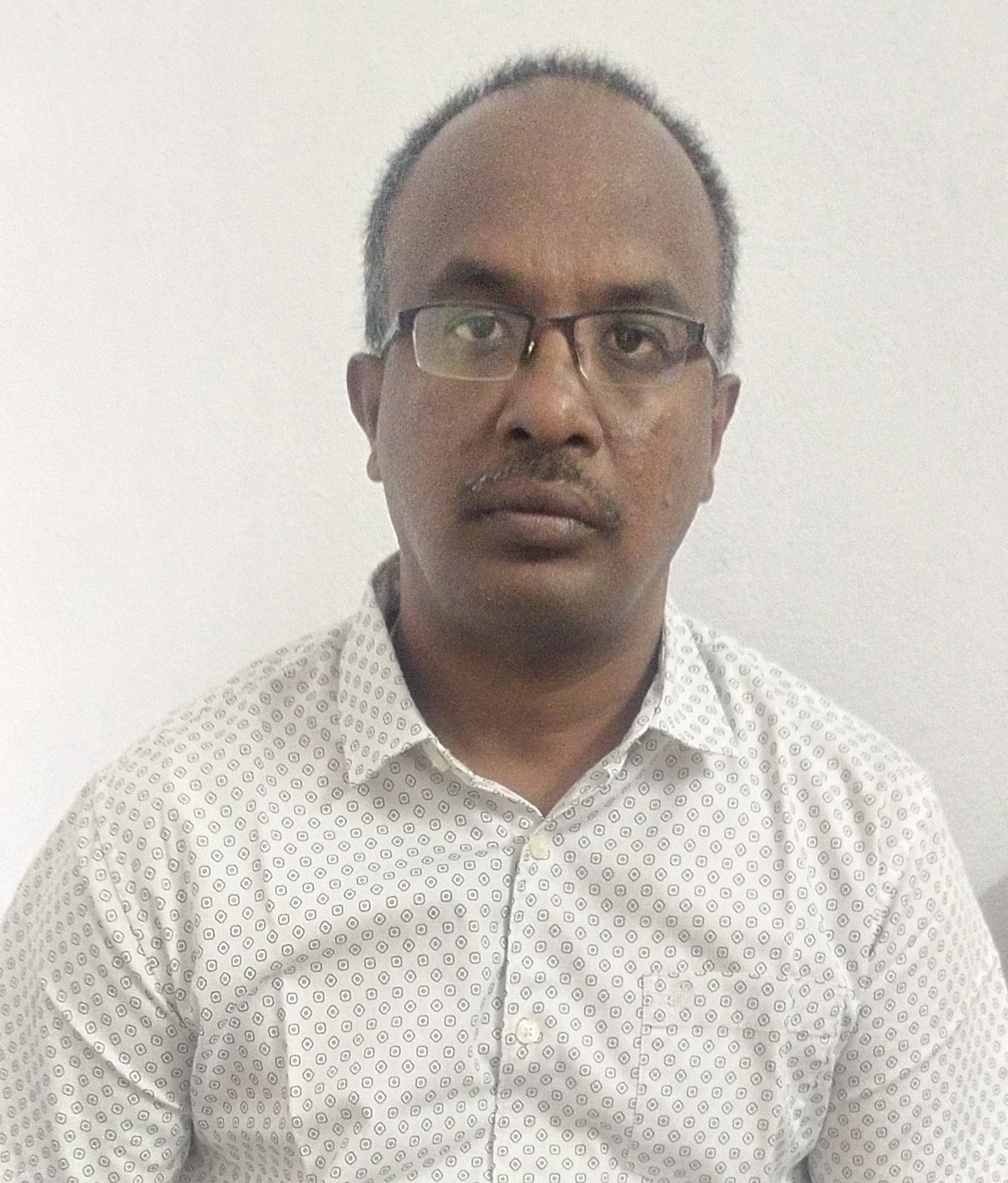
Faculty Name : Dr M Sathis Kumar
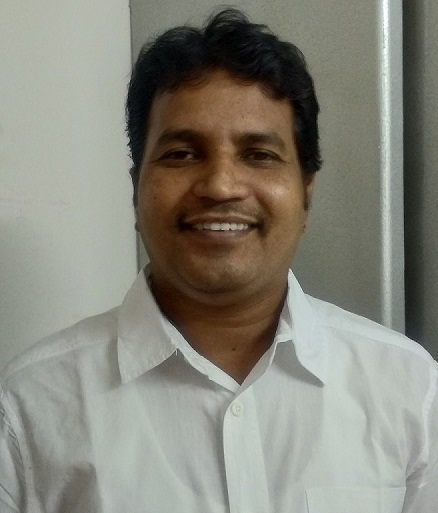
Faculty Name : Mr.S Nageswara Rao
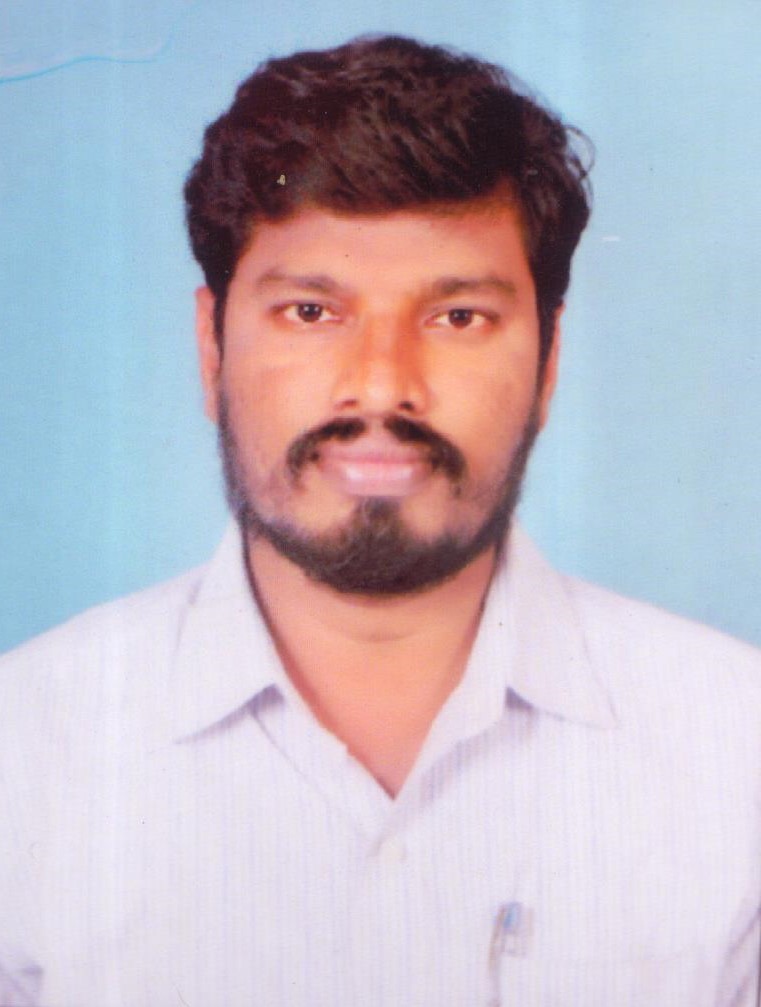
Faculty Name : Mr. K. Narendra Babu
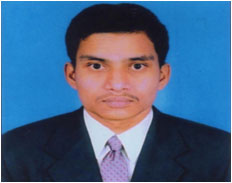
Faculty Name : Mr.K Satyanarayana
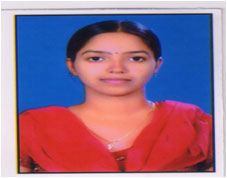
Faculty Name : Mrs.P Bhavana
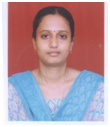
Faculty Name : Ms. A. Vijaya Sri
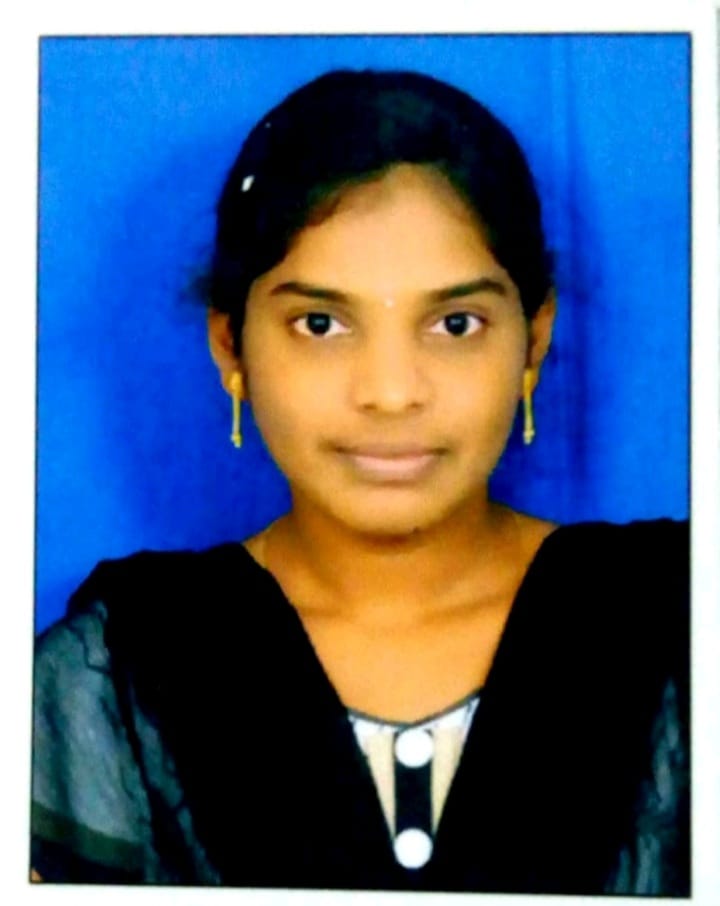
Faculty Name : Ms. V. SIVA KUMARI
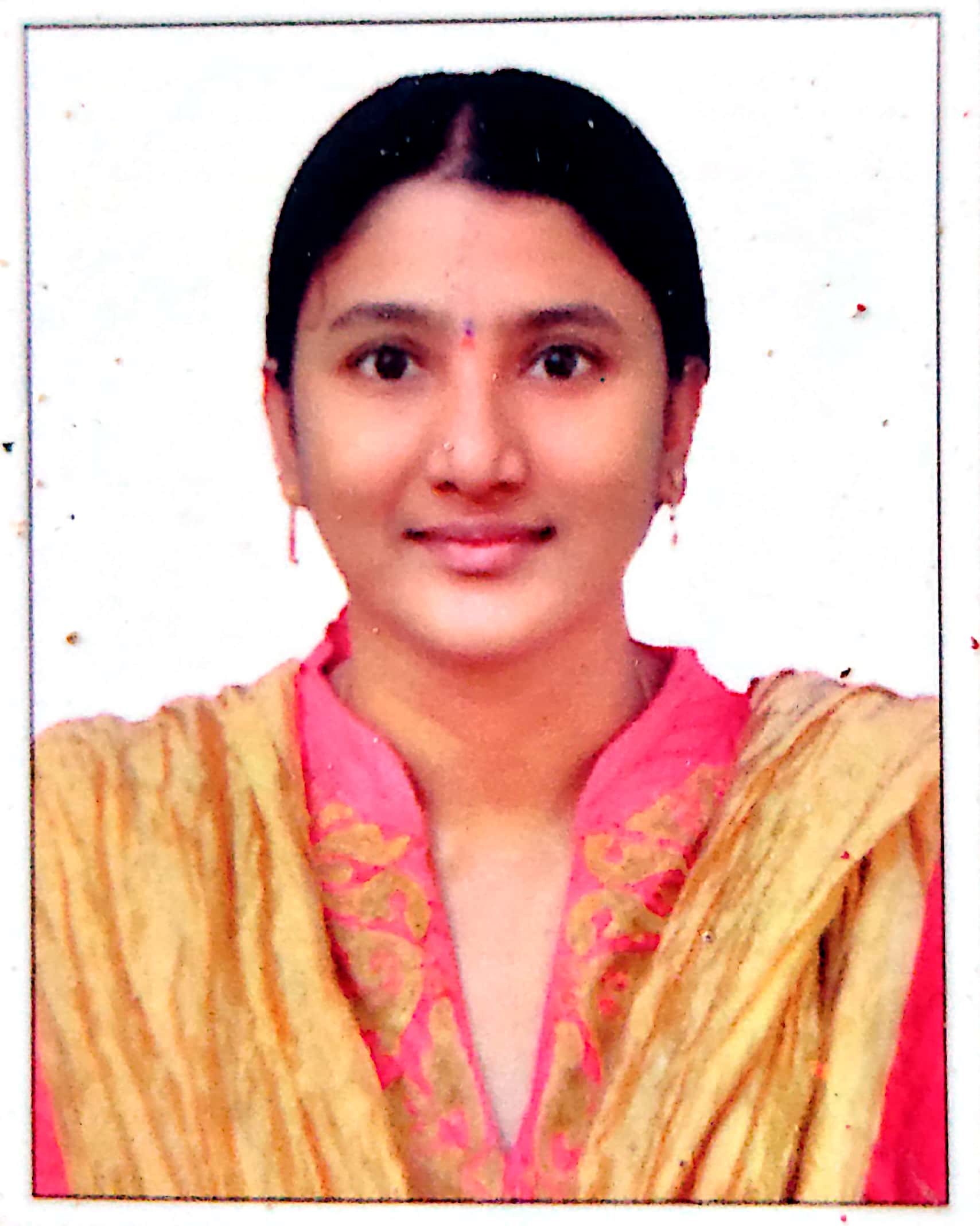
Faculty Name : Ms. SEELAM SANDHYA
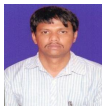
Faculty Name : Dr. Vaddi Ramesh
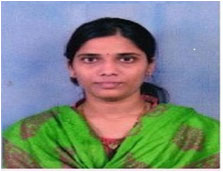
Faculty Name : Mrs.T. Venkata Maha Lakshmi
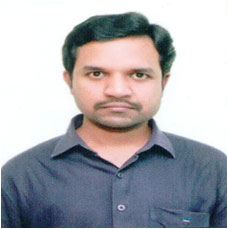
Faculty Name : Mr.N E Keerthi Chandra
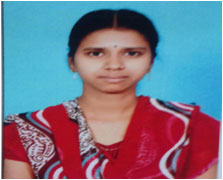
Faculty Name : Mrs.B Indraja
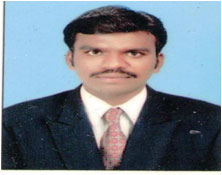
Faculty Name : Mr.T Venkateswara Rao
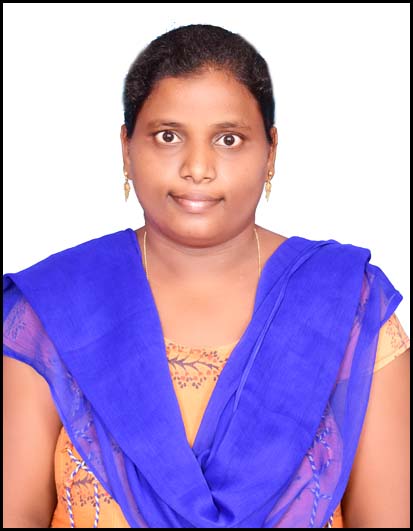
Faculty Name : Ms. MADDALI SUPRIYA
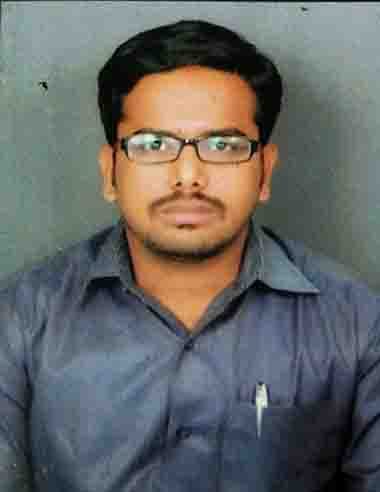
Faculty Name : Mr. SRI HARSHA GIRI
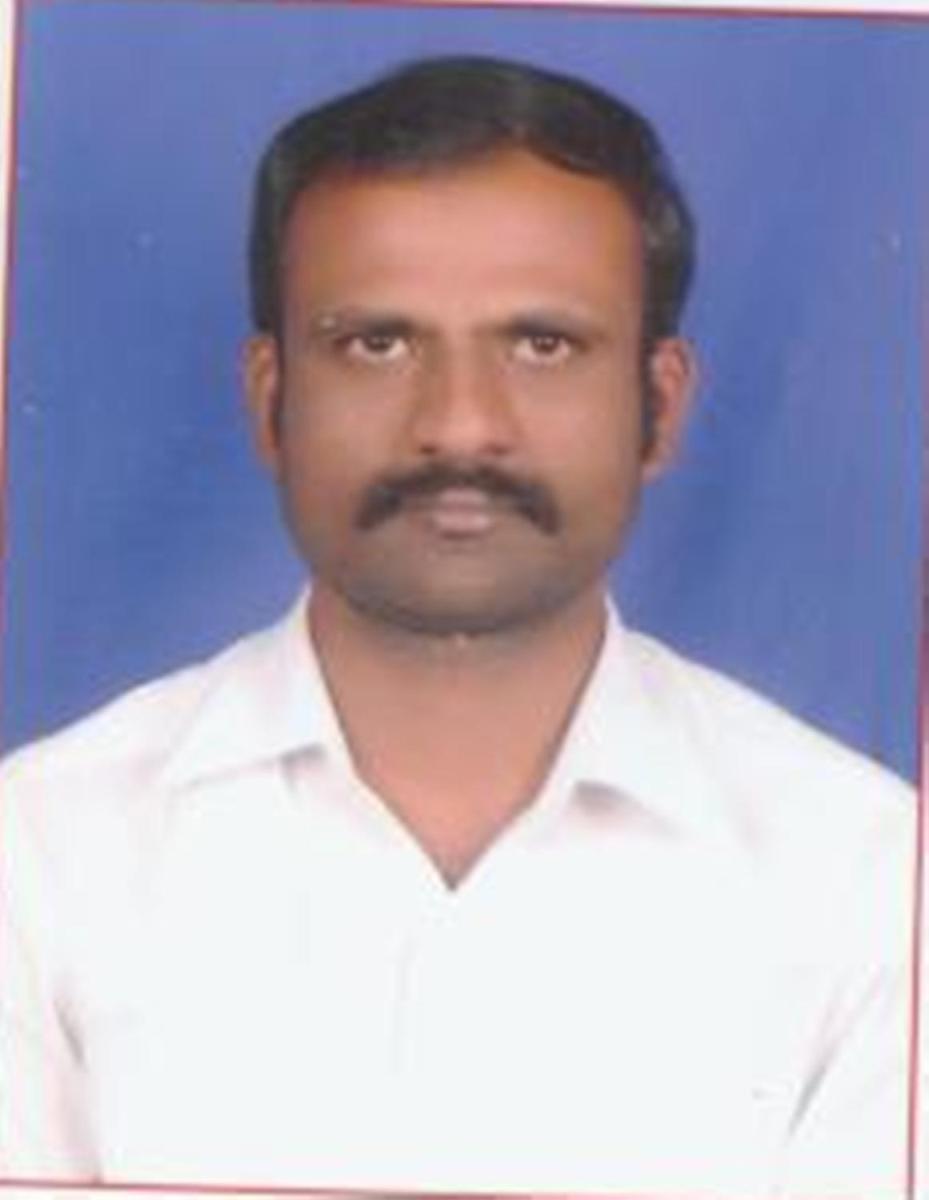
Faculty Name : Mr. Guduru Ravikumar
PROGRAM EDUCATIONAL OBJECTIVES (PEOs)
PEO 1:
o To prepare the students to excel in imbibing the concepts of higher education
o To impart the basic science and mathematical foundations, as also the principles and technological advancements made in Electrical and Electronics Engineering allied fields
PEO 2:
To persuade the students to design electrical, electronics and computing systems those are innovative and socially acceptable
PEO 3:
To provide broad knowledge in Electrical & Electronics and applying the same for core competence in wide areas of advance research industries such as NTPC, VTPS, NHPC, ECIL, SAIL etc.
PEO 4:
o To motivate the students to exhibit professionalism, ethics, communication skills and team work.
o To motivate them to acclimatize the current trends through lifelong learning
o To motivate the students and faculty to do useful and application oriented research
EEE LABS DESCRIPTION
NETWORKS AND ELECTRICAL CIRCUITS LAB
This lab aims at familiarizing the students with the different theorems, laws, networks, circuits and to provide a clear concept with basic ideas related to electrical circuits RC, RL, LC, RLC. This lab also provides the platform for understanding the operation of DC and AC machines.
1) Verification of Thevenin's and Norton's Theorems
2) Verification of Superposition theorem and Maximum Power Transfer Theorem
3) Verification of Compensation Theorem
4) Verification of Reciprocity , Millmann's Theorems
5) Locus Diagrams of RL and RC Series Circuits
6) Series and Parallel Resonance
7) Determination of Self, Mutual Inductances and Coefficient of coupling
8) Z and Y Parameters
9) Transmission and hybrid parameters
10) Measurement of Active Power for Star and Delta connected balanced loads
ELECTRICAL MACHINES LAB
This laboratory imparts the knowledge about characteristics and behaviour of DC and AC Machines
1. Magnetization characteristics of DC shunt generator. Determination of critical field resistance and critical speed.
2. Load test on DC shunt generator. Determination of characteristics.
3. Brake test on DC shunt motor. Determination of performance curves.
4. Load test on DC compound generator. Determination of characteristics.
5. Hopkinson's test on DC shunt machines. Predetermination of efficiency.
6. Fields test on DC series machines. Determination of efficiency.
7. Swinburne's test and Predetermination of efficiencies as Generator and Motor
8. Speed control of DC shunt motor by Field and armature Control
9. Brake test on DC compound motor. Determination of performance curves.
10. Load test on DC series generator. Determination of characteristics.
11. Retardation test on DC shunt motor. Determination of losses
12. O.C. & S.C. Tests on Single phase Transformer
13 Sumpner's test on single phase transformers
14 Scott connection of transformers
15 No-load & Blocked rotor tests on three phase Induction motor
16 Regulation of a three -phase alternator by synchronous impedance & m.m.f. methods
17. V and Inverted V curves of a three-phase synchronous motor.
18 Equivalent Circuit of a single phase induction motor
19 Determination of Xd and Xq of a salient pole synchronous machine
ELECTRICAL MEASUREMENTS LAB
1. Calibration of dynamometer wattmeter using phantom loading
2. Measurement of resistance using Kelvin’s double Bridge and Determination of its tolerance.
3. Measurement of Capacitance using Schering Bridge.
4. Measurement of Inductance using Anderson Bridge.
5. Calibration of LPF Wattmeter by direct loading.
6. Measurement of 3 phase reactive power using single wattmeter method for a balanced load.
7. Testing of C.T. using mutual inductor – Measurement of % ratio error and phase angle of given C.T. by Null deflection method.
8. P.T. testing by comparison – V.G as Null detector – Measurement of % ratio error and phase angle of the given P.T.
9. Determination of the characteristics of a Thermocouple.
10. Determination of the characteristics of a LVDT.
11. Determination of the characteristics for a capacitive transducer.
12. Measurement of strain for a bridge strain gauge.
13. Measurement of Choke coil parameters and single phase power using three voltmeter and three ammeter methods.
14. Calibration of single phase Energy Meter.
15. Dielectric oil Test using HV Kit.
16. Calibration of DC ammeter and voltmeter using Crompton DC Potentiometer.
17. AC Potentiometer: Polar Form / Cartesian Form - Calibration of AC voltmeter - Parameters of choke.
CONTROL SYSTEMS LAB
This lab provides kits to study synchro transmitter receiver pair, P, PI, PID Controller, Lag, and Lead Compensator, PLC trainer kit etc.
1. Time response of Second order system
2. Characteristics of Synchros
3. Programmable logic controller - Study and verification of truth tables of logic gates, simple Boolean expressions and application of speed control of motor.
4. Effect of feedback on DC servo motor
5. Effect of P, PD, PI, PID Controller on a second order systems
6. Lag and lead compensation - Magnitude and phase plot
7. Transfer function of DC generator
8. Temperature controller using PID
POWER SYSTEMS LAB
This lab imparts knowledge about different types of relays, study of synchronous machines and transmission line simulator.
1. Estimation of sequence impedances of 3-phase Transformer2. Estimation of sequence impedances of 3-phase Alternator by Fault Analysis
3. Estimation of sequence impedances of 3-phase Alternator by Direct method
4. Estimation of ABCD parameters on transmission line model
5. Performance of long transmission line without compensation
6. Performance of long transmission line with shunt compensation
7. Analyze the Ferranti effect on long transmission line
SIMULATION LAB
8. Determination of Ybus using direct inspection method
9. Load flow solution of a power system network using Gauss-Seidel method
10. Load flow solution of a power system network using Newton Raphson method.
11. Formation of Zbus by building algorithm.
12. Economic load dispatch with & without losses
13. Load frequency control of a two area Power System without & with PI controller
14. Transient Stability analysis of single machine connected to an infinite bus (SMIB) using equal area criterion.
POWER ELECTRONICS LAB
This lab is used to study the characteristics of power switching devices, converters and speed control of electrical machines. This lab also provides the facility to study characteristics of different electronic circuits.
All kinds of power modules along with necessary firing circuits are available.
1. Characteristics of SCR
2. Characteristics of IGBT
3. Characteristics of DIAC
4. Characteristics of TRIAC
5. Characteristics of GTO
6. Study of Single - Phase Half and Fully controlled Bridge
7. Study of Single phase invertors using SCR's
10. Control the speed of a given single phase motor using SCR
11. Speed control of DC Motor using Chopper
12. Study of DIAC & TRIAC Lamp control
ELECTRICAL SIMULATION LAB
This lab provides different softwares like MATLAB, PS-PICE, PSCAD and Mi-power to analyze different applications.
Achievements
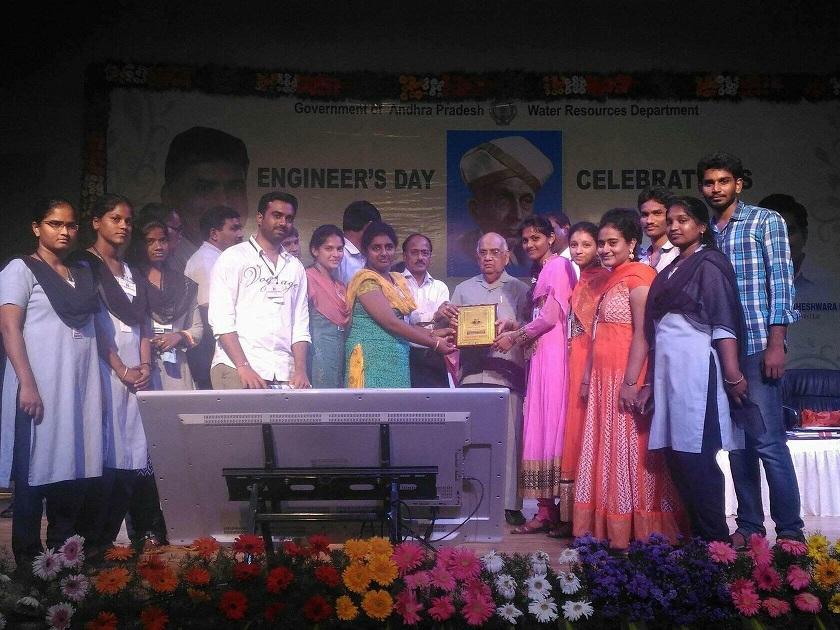
Department Activities
Civil Engineering Department has been conducting different activities for faculty and students such As Faculty Development Programs, Workshops, Seminars, Guest Lectures and Training programs on new technologies for the benefit of Civil Engineering students. Department also encourages the students to participate in different events such as paper presentations, poster presentations, model making, quizzes and cultural activities conducted by other colleges. Department of Civil Engineering also arranges Industrial Visits and field trips. Department made arrangements to send the students for internship programs to acquire Practical knowledge which is more useful for their carrier.
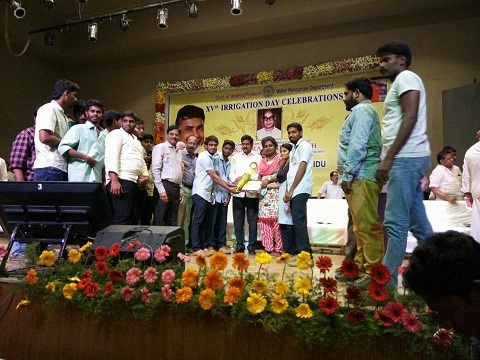
Projects
Get the latest SRKIT news and information about upcoming events on campus.

